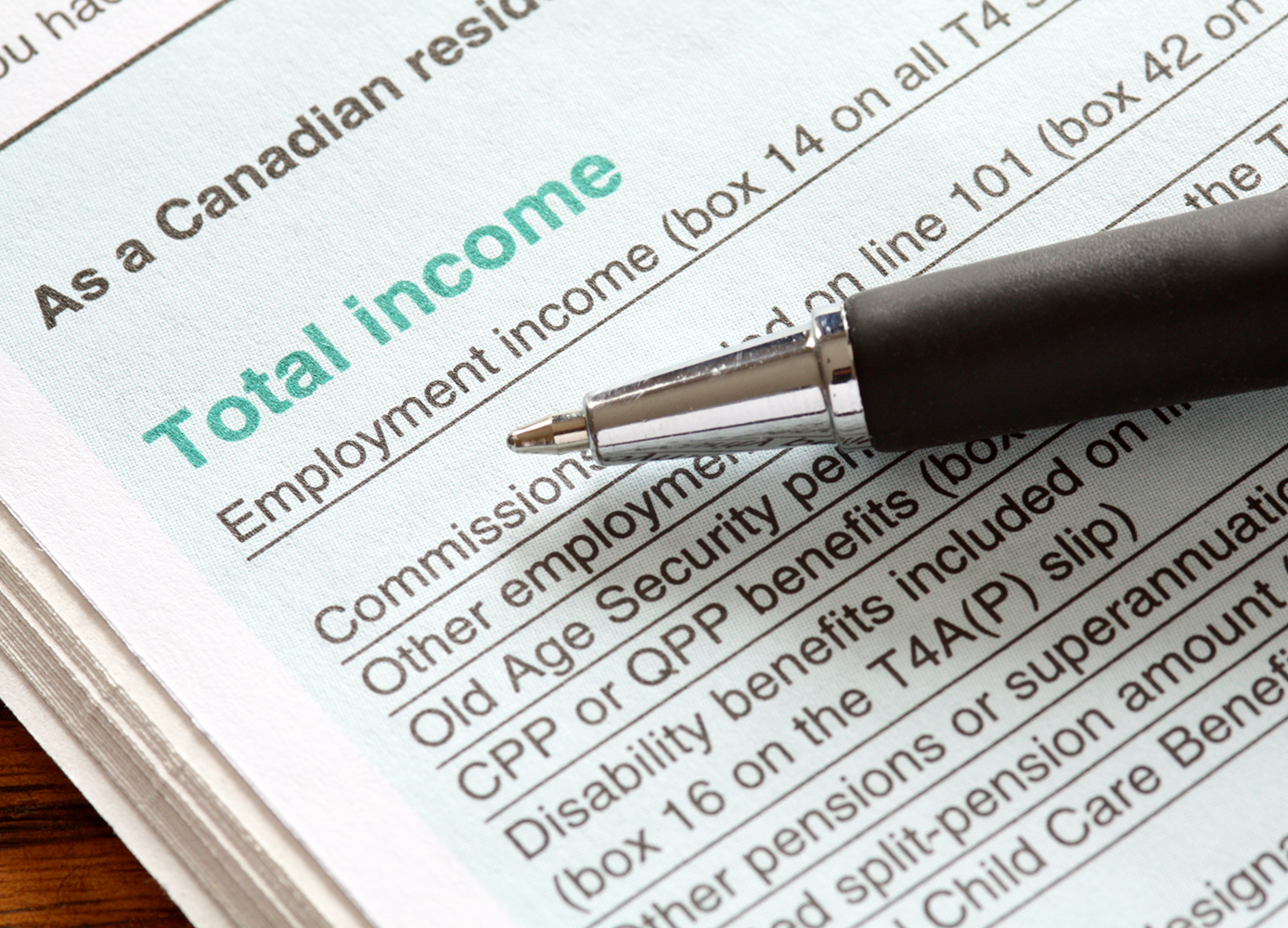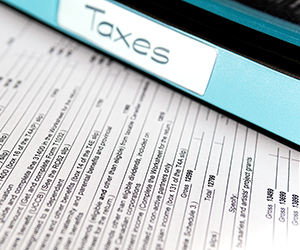Your charitable donations will get you a tax credit, but it’s sometimes better to put off claiming that credit
A popular regular feature in Good Times magazine is “Your Questions,” where Olev Edur provides answers to questions from our readers regarding their rights, personal finance, and estate planning. Here’s one on claiming the tax credit for charitable donations.
Photo: iStock/fstop123.
Q: I give some money to charity every year and claim a tax credit, but a friend recently suggested that I save my credits and claim them every third or fourth year instead of every year, because that way, I would save on my taxes. I’m not sure how this would work. Could you please explain?
A: The way the charitable donation credit works is that each year, you get a federal credit equal to 15 per cent of the first $200 of your donation and 29 per cent of any higher amount (taxpayers earning more than about $205,000 may also be entitled to a 33 per cent credit on part of their donation).
In addition, all the provinces and territories have their own two credit levels for these donation amounts—those up to $200 and those above—although the rates vary considerably from province to province. For example, Nunavut’s rates are four per cent (on donations up to $200) and 11.5 per cent (over $200), while in your home province of Quebec, the rates are 20 and 24 per cent, respectively. What this means is that someone in Nunavut would receive a combined total credit of 19 per cent on the first $200 of a donation and 40.5 per cent on any amount in excess of $200, while in Quebec, the combined credit rates are 35 per cent, and 53 per cent, respectively (and more for high-income earners).
This two-tiered (or three-tiered for the wealthy) credit structure, combined with the fact that charitable donation credits can be carried forward for up to five years, means that by making your annual donations but deferring your credit claims for a few years, you could minimize the amount that would be subject to the lowest credit rate.
Say, for example, that you were in the habit of donating $1,000 every year. You would be entitled (in Quebec) to a credit of $494 each year (35 per cent of $200 plus 53 per cent of $800); over three years, the credit total would be $1,482. If, however, you waited and then claimed all three years’ worth of credits in the third year, the total would amount to $1,554 (35 per cent of $200 plus 53 per cent of $2,800), or $72 more. Granted, it’s not a huge difference, but it is guaranteed after-tax money.
There may, on the other hand, be reasons for not waiting to make your claims. For example, you might be able to invest the $494 in tax savings each year for three years and earn more after tax than that $72, although given current low interest rates and the erratic state of the stock markets, this could be unlikely or at least risky. In addition, there are income-based limits on how much you can claim in any given year (although these certainly wouldn’t apply in your case).
If you want to learn more about the tax treatment of charitable donations, visit the Government of Canada website at canada.ca and search for “information for donors” or go to your nearest Service Canada outlet and ask for the most recent edition of Pamphlet P113, Gifts and Income Tax.






